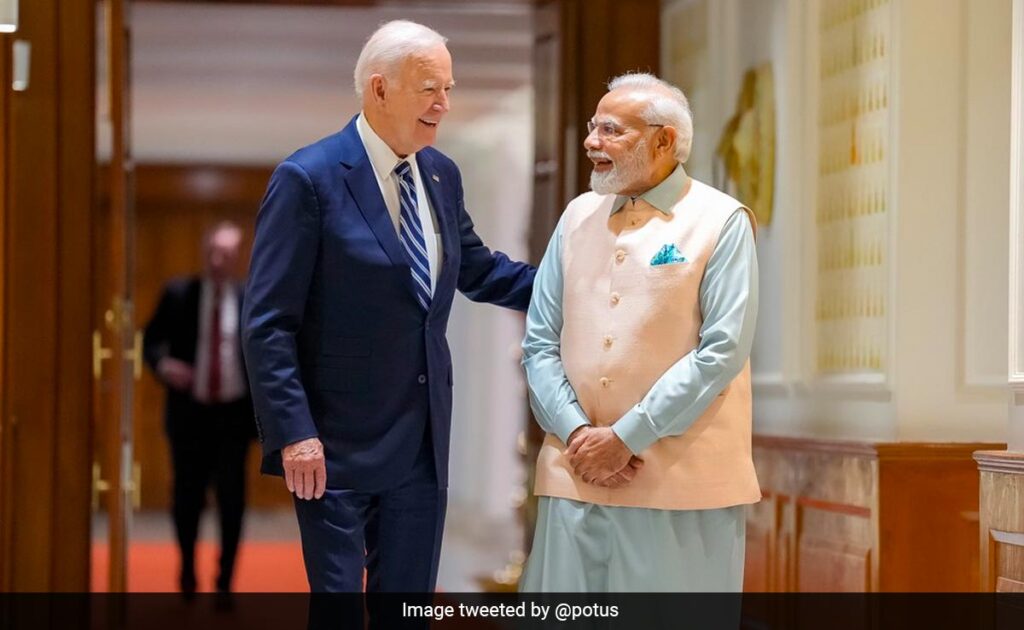
Just days after taking oath of office for a record third time, PM Modi was on a roll at the recently concluded G7 summit. A central figure in the G7 family, PM Modi made the most of the opportunity for a “one-on-one” meeting with US President Joe Biden. The move was significant as the two leaders had no bilateral meetings scheduled. With President Biden's busy domestic schedule, it is unlikely that the two leaders will meet anytime soon. For PM Modi, it was an opportunity to address some sticking points in an otherwise strong and stable bilateral relationship.
India and the United States have long enjoyed deep ties. For the United States, India meets several important criteria: shared democratic values, the only country in Asia capable of countering an ever-aggressive China, and the fastest growing economy in the world. For India, closer ties with the United States mean a deeper partnership in technology and defense, in addition to recognition of India's status as a leader in the Global South.
There have been minor frictions between the two countries, including allegations of possible Indian involvement in an alleged plot to commit extrajudicial killings on American soil, which India has officially denied responsibility for. While a single such incident does not signal a strong and growing partnership between the two countries, the rapprochement will ease tensions for the Biden administration in an election year.
Modi was quick to reach out to not only Biden but also Canadian Prime Minister Justin Trudeau on the spot. Canada-India relations have been witnessing a weakening of sorts. The Indian government has expressed concerns related to the presence of anti-India elements that it feels are harbored by the Canadian government. Trudeau's allegations regarding India's involvement in the killing of Sikh separatist Hardeep Singh Nijjar drew a strong diplomatic backlash from India. While a quick meeting with Trudeau is unlikely to resolve the underlying issues between Canada and India, India's message on the world's biggest stage is that it is willing to resolve tensions. Now it is up to the Trudeau government to respond with a rapprochement.
The host, Italian Prime Minister Giorgia Meloni's decision was a carefully considered one, as she made the most of having PM Modi as the focal point of the photo. Coming to the G7 on the back of a better-than-expected performance in the EU elections, Meloni projected a powerful image against the other G7 European leaders who suffered heavy defeats in their elections. Now seeking a bigger role in the European Commission and its policies, Meloni has positioned herself as the only G7 leader to champion the cause of the Global South. This speaks volumes about her outreach to PM Modi, the highest-ranking leader of the Global South.
While Messrs. Melloni and Modi are not a geopolitical power couple, the two prime ministers are now geopolitical heavyweights, and the G7 summit certainly reflected that.
(Gauri Dwivedi is Editor-in-Chief, NDTV)
Disclaimer: These are the personal opinions of the author.



